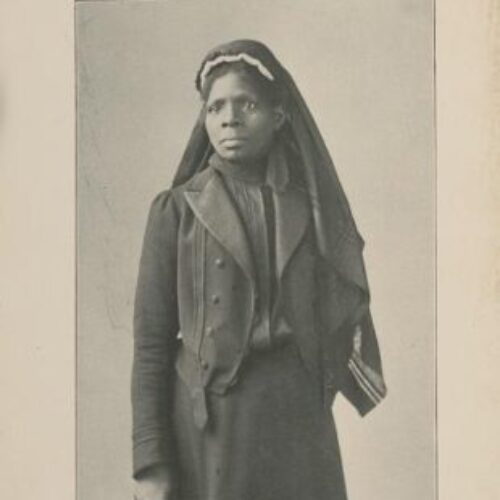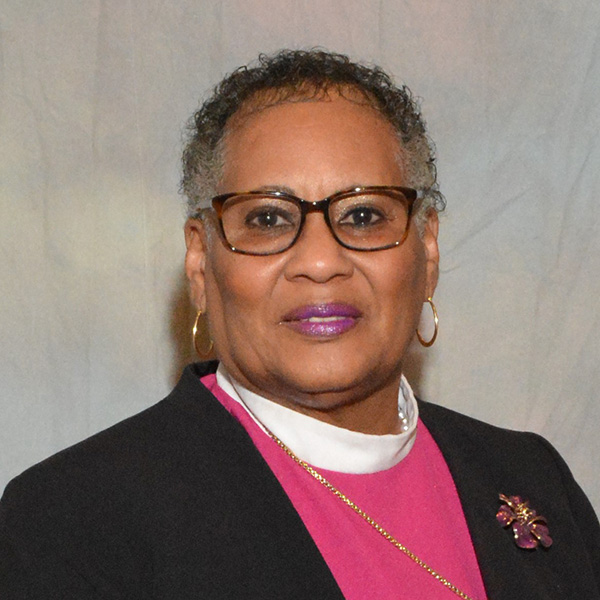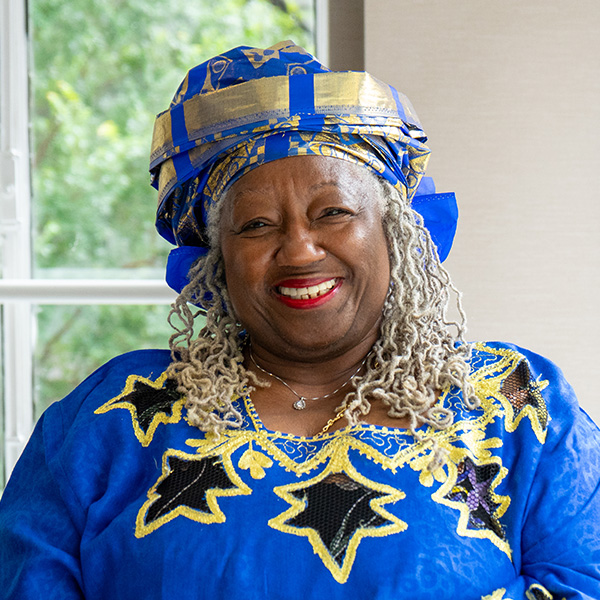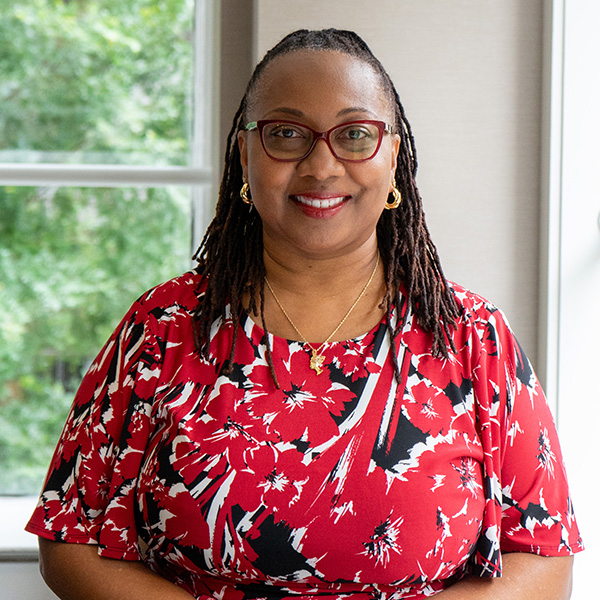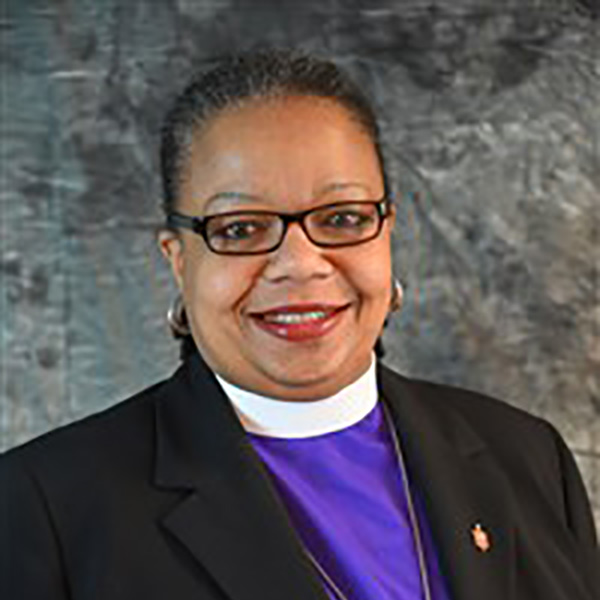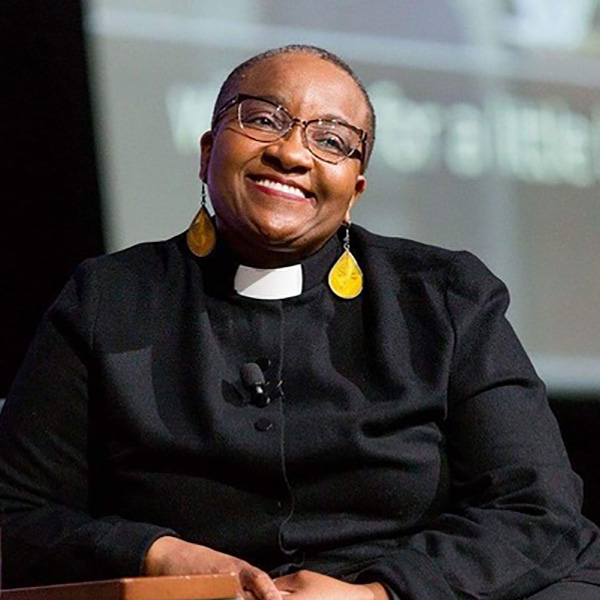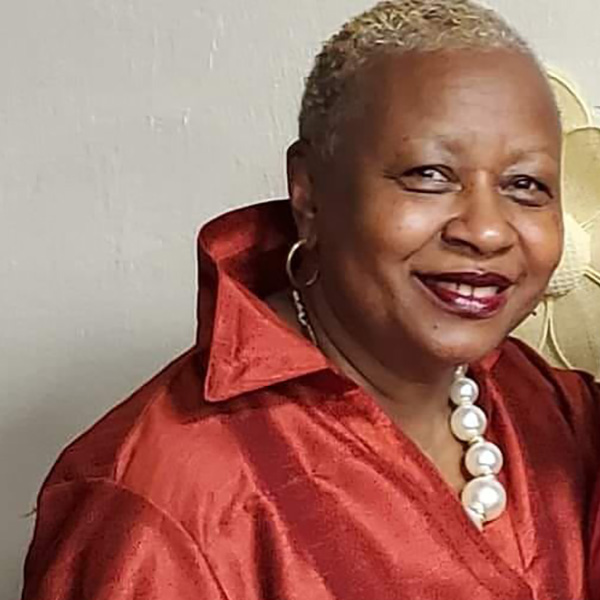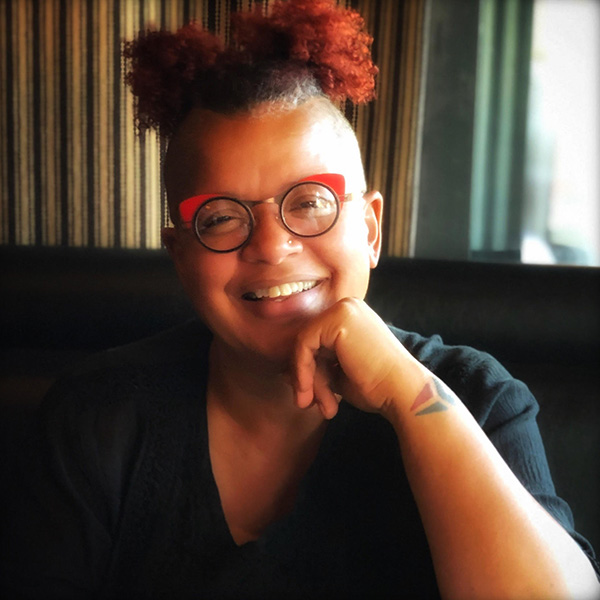Biography
Early Life
Susie Baker King Taylor served as a nurse, educator, and domestic organizer during the Civil War for Black and white Union troops. Much of what is known about Taylor comes from her 1902 autobiography, Reminiscences of My Life: A Black Woman’s Civil War Memoirs, the only personal record written by a Black woman about her involvement in the Civil War.
She was born into enslavement on a plantation in Georgia, but her grandmother was granted the freedom to raise her in Savannah. This mobility allowed Taylor to become literate, a rare feat for most enslaved African and African Americans in the South.
Her grandmother instilled the religious ideals of faith and freedom in young Taylor, emphasizing that freedom from slavery was on the horizon. Professing freedom aloud was dangerous for those freed and enslaved, which she witnessed first-hand at a church service that was stopped by police once they heard the intensity sang in the “Yes, we shall all be free” hymn lyrics.
Civil War Involvement
When the Civil War began in 1861, Taylor was barely a teenager. She traveled with other members of her family up the Gullah-Geechee coast in the southern United States to find refuge in the South Carolina Sea Islands near Charleston. Union troops from the North forcibly commissioned Taylor to teach newly emancipated African and African American children and adults to read and write.
In 1862, she transitioned into nursing and a laundry worker, after she married Sergeant Edward King (1st South Carolina Volunteers). She recalled, “My work now began. I gave my assistance to try to alleviate their sufferings…I was on hand to assist whenever needed.”
The couple traveled along the coast with King fighting in battles and Taylor sustaining the troops with her knowledge of medical care and provisions of laundered clothing. Despite the difficulty of the camp conditions and being surrounded by death, Taylor pressed forward with their assigned regiment until 1865.
Community Enrichment
After her husband’s death in 1866, Taylor operated a night school in Savannah for several years. A trip to New England inspired Taylor to move to Boston, where she married Russell Taylor.
Her service to those in need continued during the second half of her life. She helped found the Women’s Relief Corps (Corps 67), a memorial and social relief organization for Black soldiers and their families. Her leadership was so effective that she was elected as President in 1893.
Taylor witnessed the atrocities of slavery and war at an early age, as well as the violent realities of the Jim Crow era later in her life. Through it all, her faith sustained her and propelled her into a life full of service.
She believed, “God is just; when he created man he made him in his image, and never intended one should misuse the other. All men are born free and equal in his sight.”
